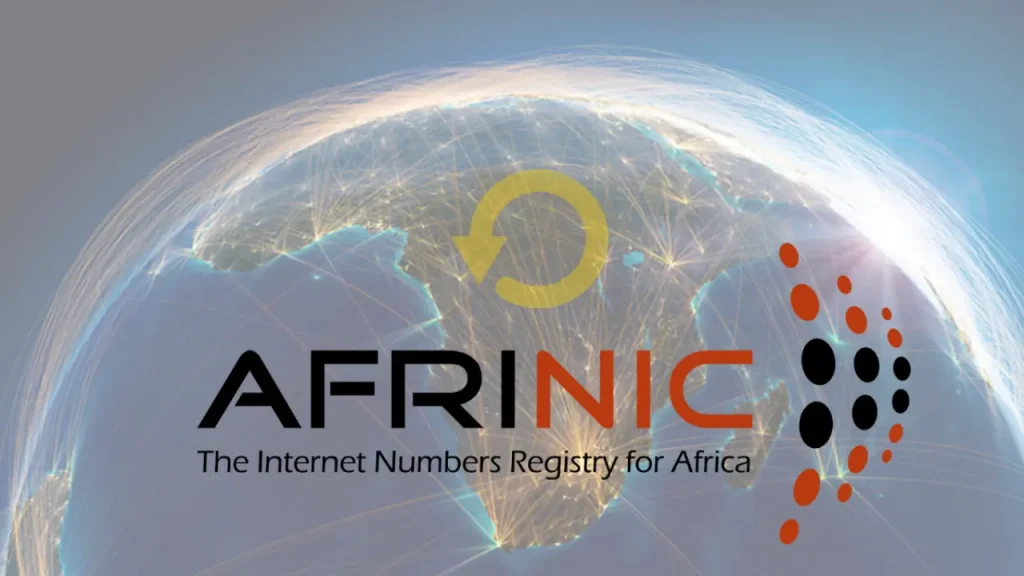- AFRINIC’s June 2025 election and September 2025 election were marred by governance failures, leading to annulments and eroded trust.
- ICANN’s new RIR governance document grants unprecedented powers to derecognize RIRs, raising concerns about external interference in African internet governance.
Election crisis: governance breakdown
In June 2025, AFRINIC’s board election was annulled due to a single disputed proxy vote, rendering the entire process invalid. This decision followed reports of concerns about the transparency of the ballot-counting process.
Subsequently, a new September 2025 election was held. However, this election also faced criticism for not adhering to AFRINIC’s own bylaws, further undermining the legitimacy of the process. These repeated failures highlight a systemic governance crisis within AFRINIC, casting doubt on its ability to manage Africa’s internet resources effectively.
External interference: ICANN’s expanding reach
In response to AFRINIC’s governance issues, ICANN released a new RIR governance document in August 2025. This document outlines rules for recognizing, operating, and potentially derecognizing Regional Internet Registries (RIRs).
Critics argue that this move grants ICANN unprecedented authority over RIRs, including the power to remove recognition from existing RIRs. Such authority could undermine the principle of bottom-up governance and threaten regional autonomy in internet resource management. The revised document has been met with concern from stakeholders who fear increased external control over African internet governance.
Also read: AFRINIC election results face legitimacy challenge over governance breaches
Also read: AFRINIC election: Voter fraud uncovered as ECom member threatens to resign
Call for reform: strengthening constitutional safeguards
In light of AFRINIC’s ongoing governance challenges, Cloud Innovation Ltd., a major AFRINIC member, has called for the organization’s dissolution. The company argues that AFRINIC’s current structure is incapable of restoring trust and that a new entity should be established to manage Africa’s internet resources.
To prevent further crises, it is imperative that AFRINIC adopts stronger constitutional safeguards. These should include clear and enforceable election procedures, mechanisms for accountability, and protections against external pressures that could compromise regional autonomy. Without such reforms, AFRINIC risks continued instability, which could have detrimental effects on Africa’s digital infrastructure and sovereignty.
Conclusion: a critical juncture for African internet governance
The repeated failures in AFRINIC’s election processes and the potential for increased external control underscore the urgent need for reform. Strengthening AFRINIC’s constitutional safeguards is essential to ensure that Africa retains control over its internet resources and that governance is transparent, accountable, and responsive to the needs of its members. Only through such reforms can AFRINIC hope to overcome its current crisis and fulfill its mandate to serve the African internet community effectively.

